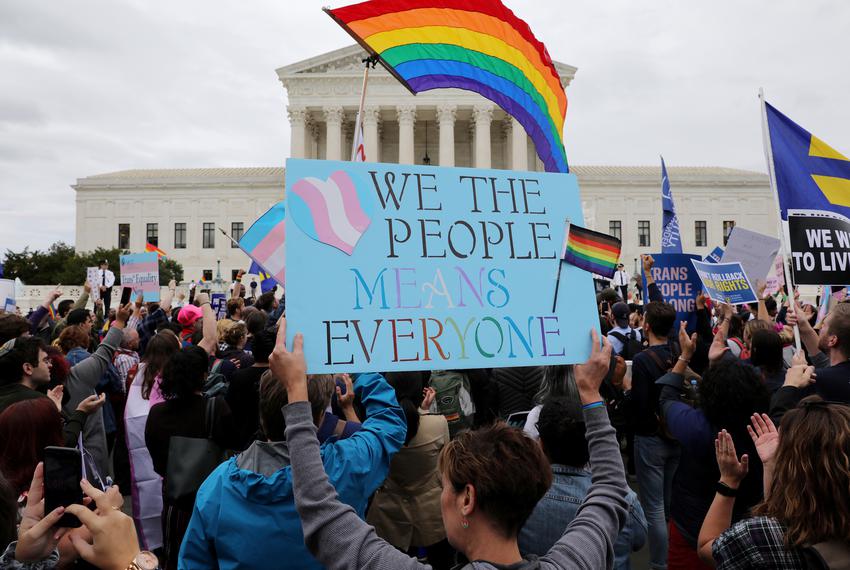We are proud to announce the launch of the CREATIVE CARE COUNCIL! LEARN MORE
We are proud to announce the launch of the CREATIVE CARE COUNCIL! LEARN MORE

During Pride Month, we celebrate the joy, breadth of experience, amazing accomplishments and tireless activism of our LGBTQ+ families and communities. Yet this year, we are also reminded that the care, love and acceptance that Pride Month stands for is under threat by legislation that aims to stifle and erase LGBTQ+ autonomy, dignity and community:
The “Don’t Say Gay” Bill, which was signed into law in March, prohibits curriculum and discussion of sexual orientation or gender identity in the classroom. Twelve other states are considering similar legislation.
How does it connect to care? The bill will have serious impacts on children and their caregivers. The vague and expansive bill language means that children of LGBTQ+ parents could even be excluded from activities in which their families are the subject, such as drawing pictures of their families in art class. And the anti-grooming rhetoric used around the bill could have serious implications for LGBTQ+ people’s ability to grow their families through adoption.
In addition to harming LGBTQ+ families, laws like these hurt all families by saying there’s only one way to be a family. Our families are strong because of the many forms they take – queer, multigenerational, chosen – all kinds! We need to promote legislation that honors all families, their varied lived experiences, and the many ways they care for one another.
SB 44 became law last week, banning trans women and girls from playing on female-gendered sports teams. Eighteen other states currently ban transgender students from participating on sports teams consistent with their gender identity.
How does it connect to care? Social transition is an essential part of gender-affirming care, and excluding trans athletes can have deep negative impacts on youth who are transitioning or have transitioned. Says Dr. Deanna Adkins, “I know from experience with my patients that it can be extremely harmful for a transgender young person to be excluded from the team consistent with their gender identity.” Allowing people to make choices that honor their identity, dignity, and agency is a vital form of care.
Many arguments that trans athletes will have an unfair advantage have been debunked, so these laws only serve to marginalize trans youth, who may already face difficulties in school settings and in relationship with peers. Says Dr. Tiffany Najberg of Shreveport, Louisiana, “When laws get passed, they marginalize an entire group to solve a problem that doesn’t exist. Laws like this send a clear message that no matter what, you’re never going to be considered who you truly are. You’re always going to be different from everybody else.”
We must continue to pass laws that promote gender-affirming care so people can feel empowered to be who they are, not isolated and othered. Biden’s recent executive order to protect transgender youth is a good start, but we need to continue pushing to ensure that laws are in place to protect the care – in whatever form it might take – that transgender people need.
–
A world in which our families and loved ones can be themselves and live the lives they want, without fear, is the caring world we want to live in. Check out the following organizations (and donate if you can!) to combat these harmful laws and protect our rights: